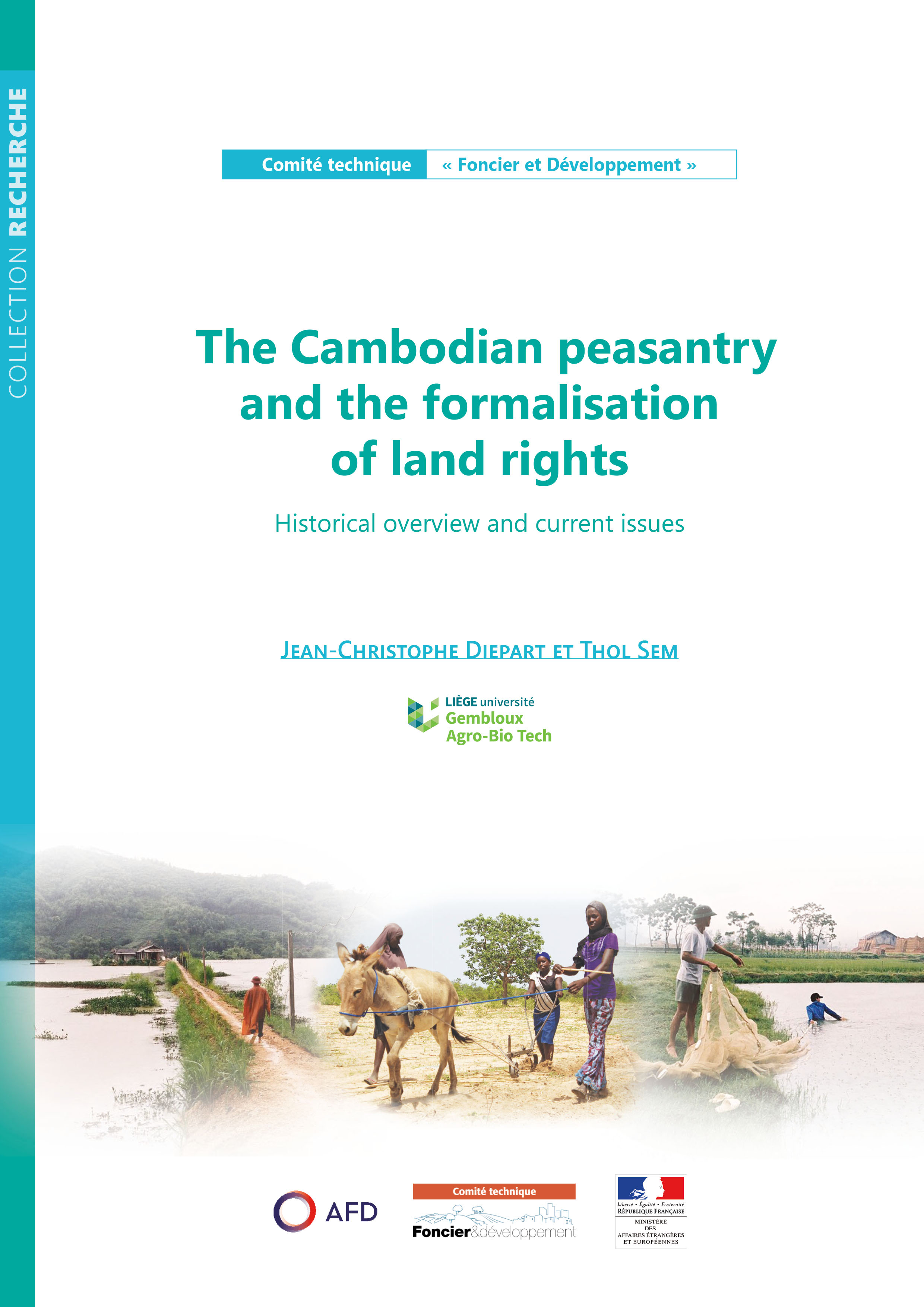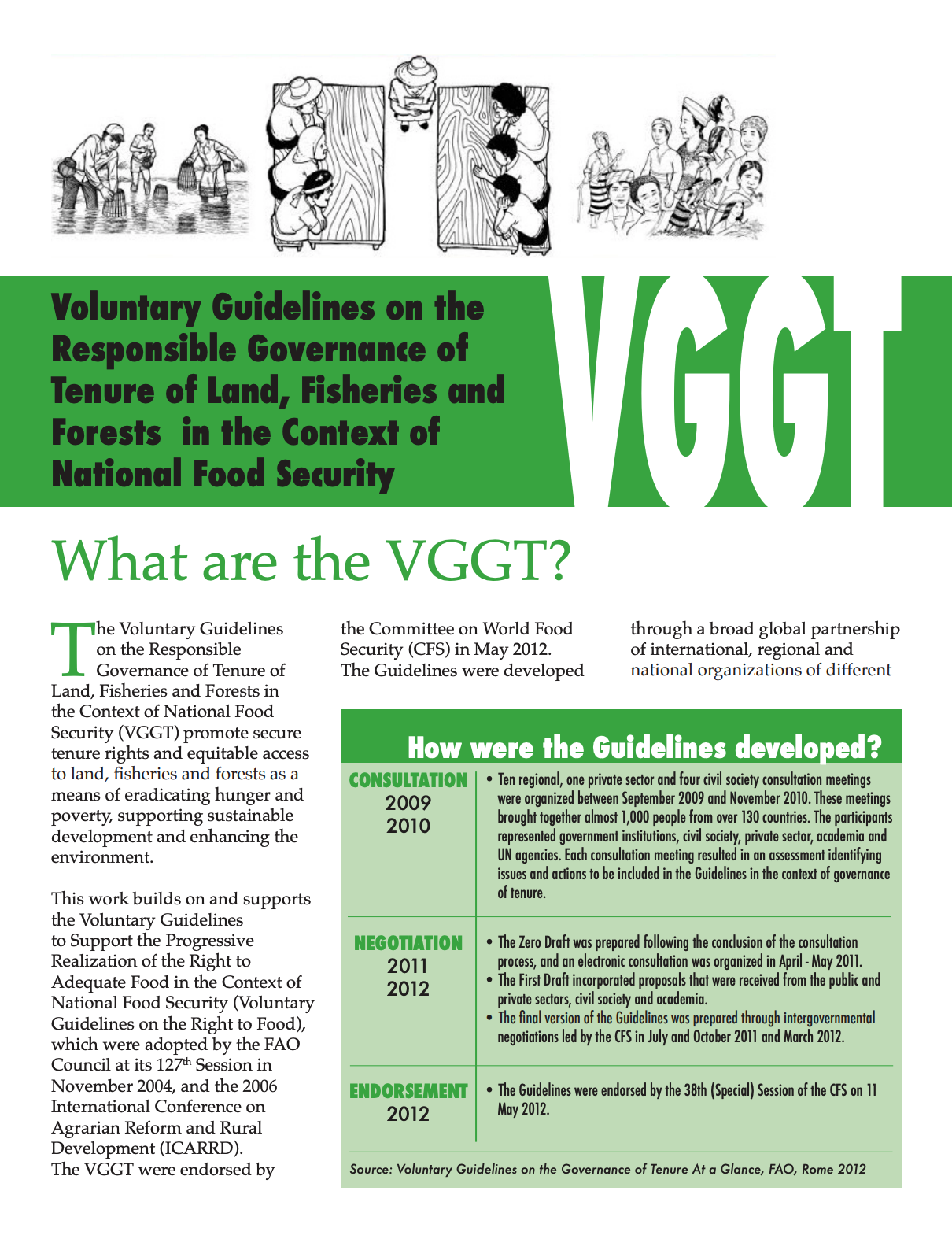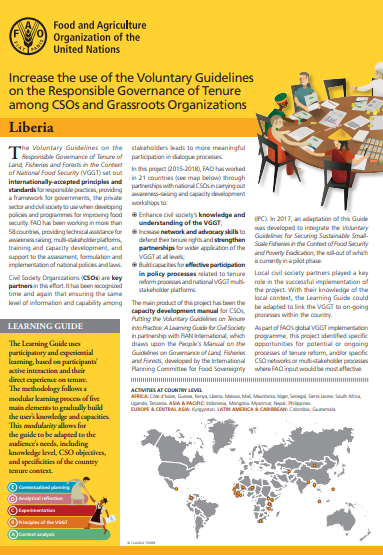Shadow Report, Ethiopia 2003 (Executive Summary)
This shadow report, produced by NEWA and EWLA, offers a critique of the Ethiopian government's CEDAW report by looking at three broad areas: economic and socio-cultural status of women, equality in marriage and family relations and violence against women. The report acknowledges the considerable efforts made by the Ethiopian government to address its CEDAW obligations, but cites weak enforcement, poor policy guidelines and a lack of institutional commitment as ongoing problems.








